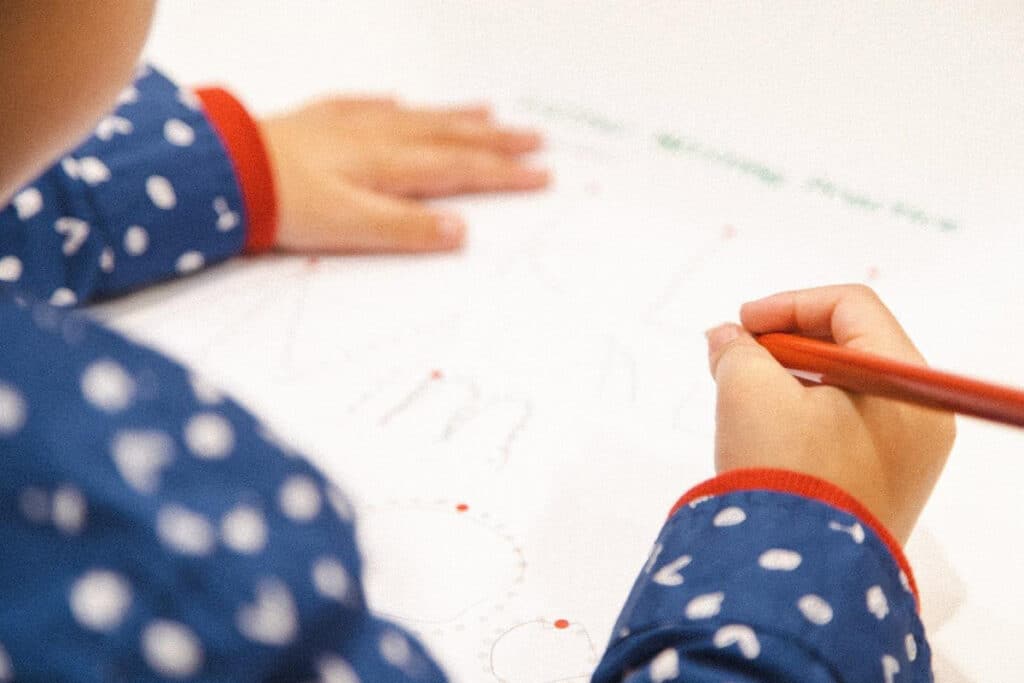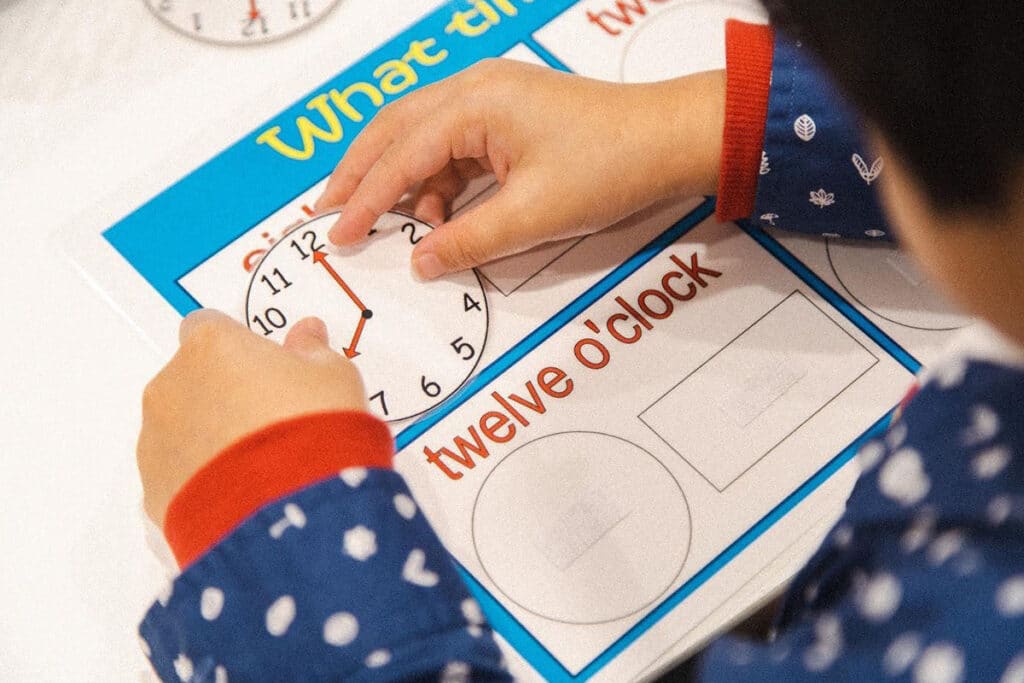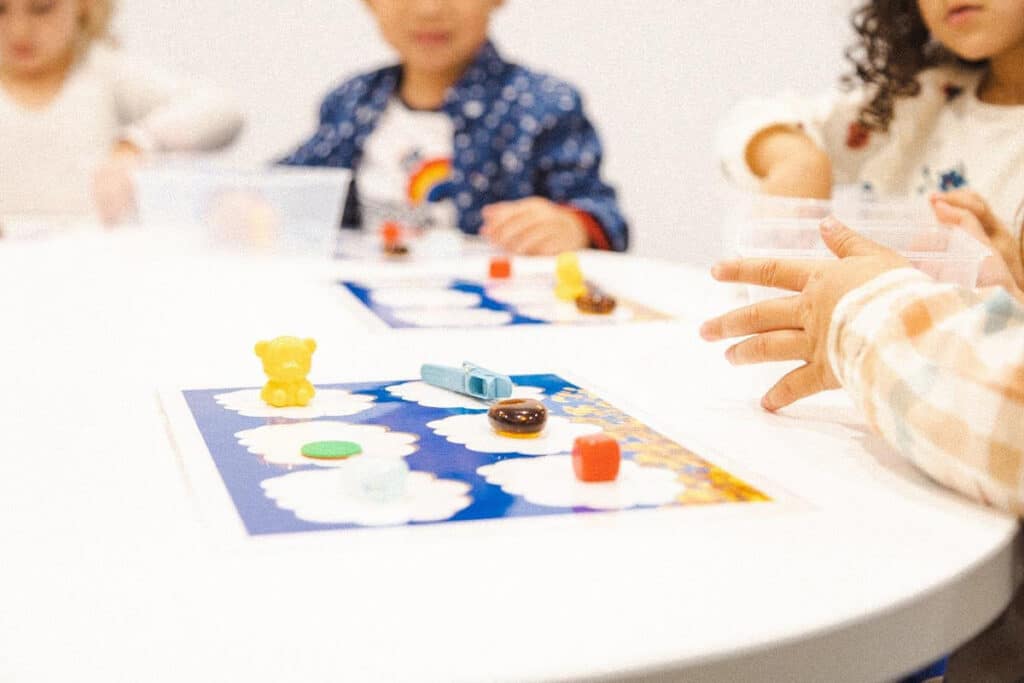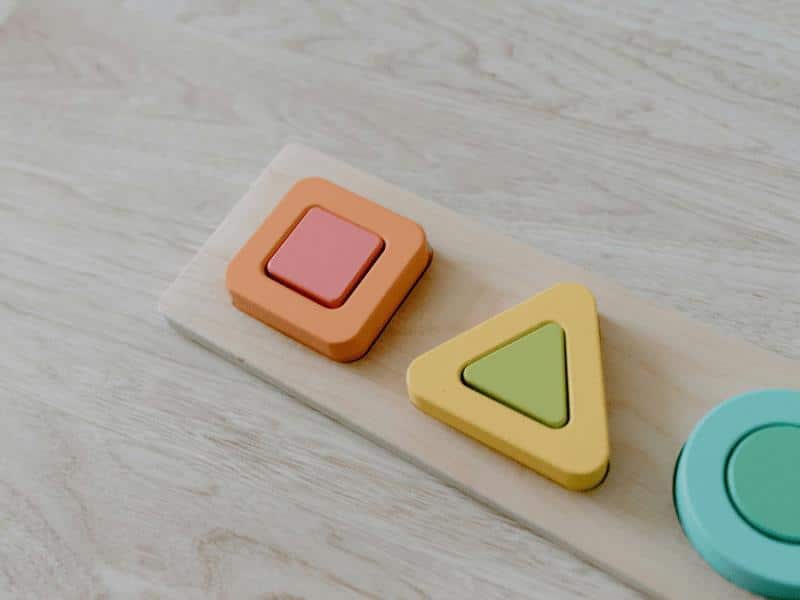
Australian Curriculum Concerns: How Shichida Excels in Teaching the Basics
Australian Curriculum Concerns: How Shichida Excels in Teaching the Basics
In a recent article, “Aussie schools have lost the plot – but there’s a simple fix”, published by the Herald Sun on 6 June 2024, Ann Wason Moore raised concerns about the Australian school curriculum’s effectiveness in teaching fundamental skills like spelling, grammar, and multiplication. The article highlights that despite updates, the curriculum still falls short in ensuring students master these basics through methods like rote learning. At Shichida Australia, we understand the importance of teaching the basics, and teaching them well. These foundational skills and have long integrated effective teaching methods into our curriculum. These include phonics and mental mathematics, to ensure our students excel. Shichida excels at teaching the basics, plus many more crucial skills.
The Importance of Basics in Early Education
Ann Wason Moore’s article points out that many Australian students are entering high school without a solid grasp of essential skills such as multiplication tables. This gap in basic knowledge can have long-term effects on their academic success and confidence. While recent updates to the national curriculum have improved the approach to teaching reading through phonics, other areas like mathematics still lack emphasis on rote learning and automatic recall.
Shichida Australia’s Commitment to Fundamental Skills
At Shichida Australia, we have always prioritised a balanced and comprehensive approach to early childhood education. Our curriculum is designed to ensure that children not only understand concepts but also achieve fluency in fundamental skills through engaging and effective methods.
Phonics: Building Strong Reading Foundations
As highlighted in the recent Victorian government announcement, phonics is a proven method for teaching reading, focusing on the relationship between sounds and letters. At Shichida Australia, we have incorporated phonics into our curriculum from the start, recognising its importance in developing strong reading skills. Our approach makes learning phonics fun and interactive, helping children internalise these critical skills early on.

Photo Credit: Shichida Australia. Teacher showing children phonics flashcards during a Shichida class.
Teaching Basics Well Leads to Better Outcomes
Phonics Activities:
Our program includes interactive flashcards, educational songs, and phonics games that make learning to read enjoyable and effective. We ensure that children understand the sounds that letters make and how to blend them to form words, laying a solid foundation for literacy.
Multiplication Mastery:
Understanding the need for fluency in multiplication, we use a combination of teaching methods to help kids excel in this area. Children engage in activities that help them memorise times tables while also grasping the underlying concepts, ensuring they can recall multiplication facts quickly and apply them in various contexts. We teach times tables up to the 19 times table using songs and memory techniques, making the learning process both fun and effective.
Spelling and Grammar:
Spelling and grammar awareness are integral to our program. By incorporating these practices into our class routines, we help children develop strong language skills that are essential for their overall academic performance.
Speed Reading:
Once phonetic knowledge is solid and reading is underway, our kids advance to speed reading and speed listening using engaging methods. These activities offer numerous benefits to learning and listening, developing these skills as valuable life tools.
Mental Calculations:
Mental arithmetic is also a vital part of our curriculum, focusing on developing a love for math and a healthy grasp of numbers. We teach children techniques for quick mental calculations, helping them build confidence and proficiency in mathematics.
Time and Money:
Once children have a solid grasp of basic skills, we introduce more complex concepts such as time and money. Our curriculum includes engaging activities that teach children how to tell time and understand its passage, as well as practical lessons on the value of money, making change, and basic financial literacy. These advanced concepts are taught through interactive games and real-life scenarios, ensuring children understand and can apply these skills effectively

Photo Credit: Shichida Australia. Children learning about time, in a Shichida class.
Strong Memory Development: The Foundation of Learning
Our foundation in basics is underpinned by the strong memory development aspect of our curriculum. At Shichida Australia, we ensure that children develop a robust working memory, which is essential for processing, retaining, and recalling information efficiently. Hence, techniques like memory linking and mnemonic devices are integral to our program, helping children enhance their memory capabilities.

Photo Credit: Shichida Australia. Children playing a fun memory game in a Shichida class.
The Role of Parental Involvement
Parental involvement is a cornerstone of the Shichida Method. We provide parents with resources and guidance to reinforce learning at home, ensuring a consistent and supportive environment. This partnership between parents and educators is crucial in helping children master the basics and build confidence in their abilities.
Responding to the Need for Effective Teaching Methods
Ann Wason Moore rightly emphasises the need for effective teaching methods in the Australian curriculum. At Shichida Australia, we have always believed in the power of tried-and-tested methods like phonics and memorising times tables to develop foundational skills. Our approach not only aligns with the latest research but also prepares children for future academic challenges.
As Marty Ross, a PhD mathematician, pointed out, “Automatic recall of the multiplication tables is critical to all the arithmetic that follows.” We echo this sentiment and strive to ensure that our students achieve fluency in essential skills through engaging and effective teaching methods.
Conclusion
The concerns raised about the Australian curriculum highlight the need for a stronger focus on foundational skills and teaching the basics. At Shichida Australia, we have always recognised the importance of these basics and have integrated effective methods like phonics and rote learning into our curriculum. By doing so, we ensure that our students are well-prepared for academic success and lifelong learning.
Our commitment to providing a balanced and comprehensive education means that children not only understand concepts but also achieve fluency in essential skills. As we continue to innovate and improve our teaching methods, we remain dedicated to helping every child reach their full potential.


